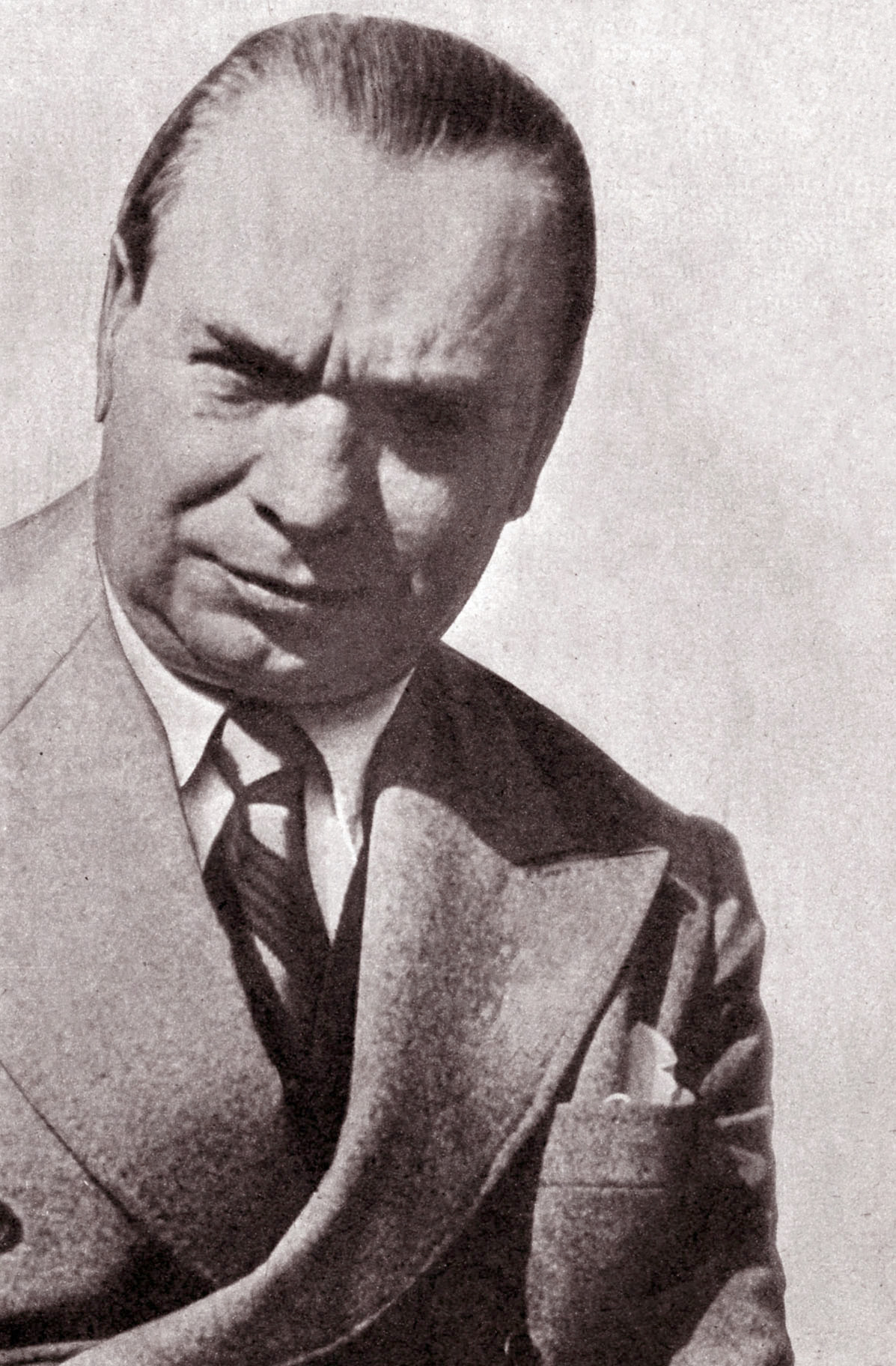|
La Maschera E Il Volto
''La maschera e il volto'' is a comedy of grotesque genre by Luigi Chiarelli Luigi Chiarelli (7 July 1880 – 20 December 1947) was an Italian playwright, theatre critic, and writer of short stories who is chiefly known as a founder of the ''teatro grottesco'', or Theatre of the Grotesque, after the subtitle of one of .... Written in 1913 and first presented in 1916, it is historically significant for starting the contemporary grotesque theatre. su atuttascuola.it It had a great success first in Italy and then internationally, and continues to be represented. Several movies have been adapted from the play. References External links [...More Info...] [...Related Items...] OR: [Wikipedia] [Google] [Baidu] |
Grotesque
Since at least the 18th century (in French and German as well as English), grotesque has come to be used as a general adjective for the strange, mysterious, magnificent, fantastic, hideous, ugly, incongruous, unpleasant, or disgusting, and thus is often used to describe weird shapes and distorted forms such as Halloween masks. In art, performance, and literature, however, ''grotesque'' may also refer to something that simultaneously invokes in an audience a feeling of uncomfortable bizarreness as well as sympathetic pity. The English word first appears in the 1560s as a noun borrowed from French, and comes originally from the Italian ''grottesca'' (literally "of a cave" from the Italian ''grotta'', 'cave'; see grotto), an extravagant style of ancient Roman decorative art rediscovered at Rome at the end of the fifteenth century and subsequently imitated. The word was first used of paintings found on the walls of basements of ruins in Rome that were called at that time ''le Grot ... [...More Info...] [...Related Items...] OR: [Wikipedia] [Google] [Baidu] |
Luigi Chiarelli
Luigi Chiarelli (7 July 1880 – 20 December 1947) was an Italian playwright, theatre critic, and writer of short stories who is chiefly known as a founder of the ''teatro grottesco'', or Theatre of the Grotesque, after the subtitle of one of his plays. Life He was born in 1880 in Trani and attended university, but abandoned his studies to devote himself to journalism and criticism. The first of his plays to be produced in 1912 were ''Er gendarme'' ("The Policeman") and ''Una notte d'amore'' ("One night of Love"), followed in 1914 by ''Extra dry'' and in 1916 by '' La maschera e il volto'' ("The Mask and the Face: A Grotesque in Three Acts"), which he had written in 1913, and on which much of his reputation rests. It was praised by Antonio Gramsci in his magazine ''Avanti!'' (11 April 1917) for the insight it showed into the chasm between one's persona and one's true personality. It was revived in London in 1993. It was followed by ''La Scala di seta'' ("The Silken Ladder", 1 ... [...More Info...] [...Related Items...] OR: [Wikipedia] [Google] [Baidu] |
History Of Ideas
Intellectual history (also the history of ideas) is the study of the history of human thought and of intellectuals, people who conceptualize, discuss, write about, and concern themselves with ideas. The investigative premise of intellectual history is that ideas do not develop in isolation from the thinkers who conceptualize and apply those ideas; thus the intellectual historian studies ideas in two contexts: (i) as abstract propositions for critical application; and (ii) in concrete terms of culture, life, and history. As a field of intellectual enquiry, the history of ideas emerged from the European disciplines of '' Kulturgeschichte'' (Cultural History) and ''Geistesgeschichte'' (Intellectual History) from which historians might develop a global intellectual history that shows the parallels and the interrelations in the history of critical thinking in every society. Likewise, the history of reading, and the history of the book, about the material aspects of book production ... [...More Info...] [...Related Items...] OR: [Wikipedia] [Google] [Baidu] |
Italian Plays
Italian(s) may refer to: * Anything of, from, or related to the people of Italy over the centuries ** Italians, an ethnic group or simply a citizen of the Italian Republic or Italian Kingdom ** Italian language, a Romance language *** Regional Italian, regional variants of the Italian language ** Languages of Italy, languages and dialects spoken in Italy ** Italian culture, cultural features of Italy ** Italian cuisine, traditional foods ** Folklore of Italy, the folklore and urban legends of Italy ** Mythology of Italy, traditional religion and beliefs Other uses * Italian dressing, a vinaigrette-type salad dressing or marinade * Italian or Italian-A, alternative names for the Ping-Pong virus, an extinct computer virus See also * * * Italia (other) * Italic (other) * Italo (other) * The Italian (other) * Italian people (other) Italian people may refer to: * in terms of ethnicity: all ethnic Italians, in and outside of Italy * in ... [...More Info...] [...Related Items...] OR: [Wikipedia] [Google] [Baidu] |
Grotesque
Since at least the 18th century (in French and German as well as English), grotesque has come to be used as a general adjective for the strange, mysterious, magnificent, fantastic, hideous, ugly, incongruous, unpleasant, or disgusting, and thus is often used to describe weird shapes and distorted forms such as Halloween masks. In art, performance, and literature, however, ''grotesque'' may also refer to something that simultaneously invokes in an audience a feeling of uncomfortable bizarreness as well as sympathetic pity. The English word first appears in the 1560s as a noun borrowed from French, and comes originally from the Italian ''grottesca'' (literally "of a cave" from the Italian ''grotta'', 'cave'; see grotto), an extravagant style of ancient Roman decorative art rediscovered at Rome at the end of the fifteenth century and subsequently imitated. The word was first used of paintings found on the walls of basements of ruins in Rome that were called at that time ''le Grot ... [...More Info...] [...Related Items...] OR: [Wikipedia] [Google] [Baidu] |


